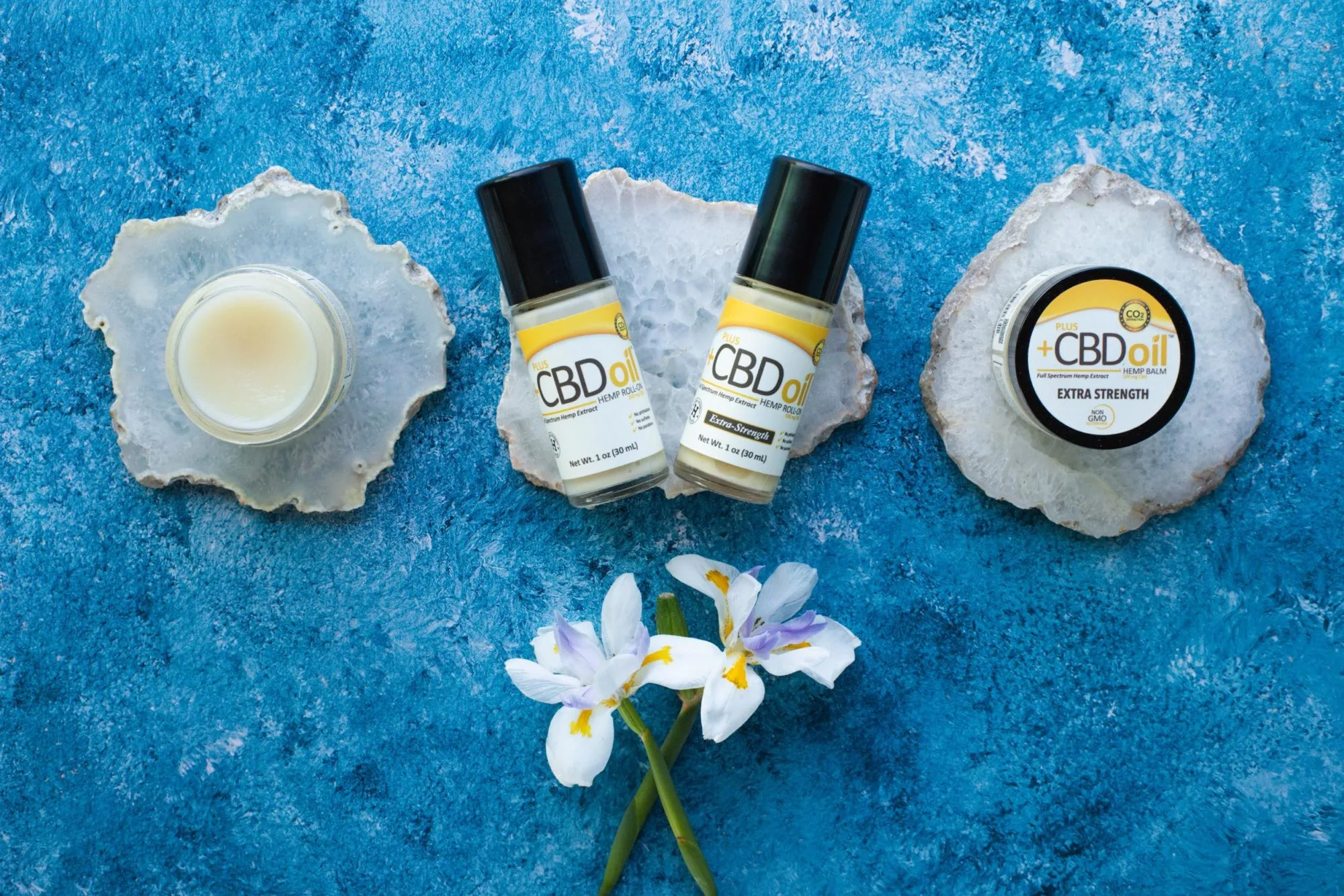Cannabidiol oil or CBD oil, as it’s more commonly known, has become hugely popular in recent times. The oil is mostly used in its pure form, but there is also an ever-increasing array of products that contain CBD that are available to the consumer. Even large beauty product manufacturers are getting on board the CBD oil train with the substance appearing in everything from haircare to skincare products.
Despite CBD oil’s meteoric rise to fame, there are still several misconceptions surrounding it that can leave a person wondering whether it’s safe to consume.
If you’re looking to start enjoying the benefits of CBD oil, read on to learn why it’s safe:
Won’t CBD oil make me high?
While CBD oil is extracted from the cannabis plant, it won’t make you high. The cannabinoids that the oil is made from are non-psychoactive and non-intoxicating. The part of the cannabis plant that provides a high is called tetrahydrocannabinol (THC), and CBD oil contains almost none of this compound. U.S. federal law has stipulated that CBD oil must not contain more than 0.3% THC. Even if this amount were present in the product, it would not be anywhere near enough to induce a “high” effect.
The feeling that a user can experience when taking CBD oil is one of calm and relaxation with a lowering of anxiety. This allows for better, deeper sleep, and the ability to carry out daily activities without becoming overwhelmed or stressed. Each individual will experience the effects of CBD oil differently. It really comes down to the amount of dose, frequency of the dose, and the person’s physical condition and mental state before taking.
It’s important to understand that while you may not feel any physical effects of the oil, that does not mean it isn’t working. The results may be very subtle, so pay close attention to the way you are feeling and sleeping. Adjust your dose if you feel it’s not effective enough or lower it if you feel like it’s too much.
A good way to observe its effects on you specifically is to keep a daily diary.
Is CBD Oil Dangerous? Can I Overdose?
Like any health product, you must take care to use it responsibly. CBD oil is generally safe to use but like any other chemical compound, there are things to watch out for.
If you take medication, please consult your doctor before starting CBD oil. It can interact or interfere with some prescribed drugs. Any type of drug that is processed with the cytochrome P450 enzyme is usually not compatible with CBD oil, as the oil may inhibit the body’s processing of the drug. You can recognize this type of medication as it usually comes with a warning not to consume grapefruit.
Side effects of taking CBD oil are fairly uncommon, but those that do experience them may find themselves feeling:
- Nauseous
- Irritable
- Fatigued
If you experience any adverse effects from taking CBD oil, stop immediately and consult your doctor.
It is extremely difficult to overdose on CBD oil. To date, there have been no known fatalities from taking the substance. You would have to consume a large amount in a short space of time for it to happen.
If you do take larger than required or recommended doses, you may experience increased side-effects, such as:
- Diarrhea
- Changes in appetite
- Extreme fatigue
As a final note on this subject, it’s necessary to keep in mind that CBD oil is a relatively new substance. While it’s considered safe, there has not yet been any opportunity to study any long-term adverse effects that may occur.
Isn’t CBD Oil Illegal?
The 2018 U.S. Farm Bill has removed legal restrictions on CBD oil. This means that it is now legal to purchase and consume within the United States.

s
Hemp farmers face a tight set of requirements to have their products conform to the Farm Bill and, by extension, be classified as legal. For example, their hemp plants must not exceed 0.3% THC levels and must be produced in a manner consistent with federal regulations.
The issue that consumers face is that the CBD oil market is currently unregulated. This opens the door for a lot of inferior, ineffective, or misleading products to be available for purchase. When looking to purchase CBD oil, make sure you do adequate research and only buy from a reputable, trusted supplier.
Aren’t hemp plants the same as marijuana?
While both hemp and marijuana are varieties of the cannabis plant, they are, in fact, quite different. Hemp plants, while rich in cannabinoids contain surprisingly little THC – less than 0.3% usually. This is what makes the plant legal to grow and farm in the U.S. Marijuana plants, on the other hand, contain a lot more THC, which is what produces that “stoned” or “high” effect.
As a side note, the hemp plant is extremely versatile. As well as CBD oil, it can be made into many products. These include textiles, building materials, clothing, rope, plastics, and more.
Taking CBD oil carries little risk but can have huge positive benefits for the body and mind. If you are considering CBD oil, it’s your responsibility to carry out enough research for you to be sure that your personal circumstances make the oil safe to consume. Additionally, finding a trusted supplier is also crucial if you want to get the maximum benefit from the product.
As CBD oil continues to rise in popularity, many more people will learn about these common misconceptions. We look forward to furthering our studies and further appreciation of this incredible compound. Hopefully, as understanding grows, it will be easier for people to experience the benefits of CBD oil in all its forms.
References
-
Healthline: CBD and Drug Interactions: What You Need to Know https://www.healthline.com/health/cbd-and-drug-interactions-what-you-need-to-know
-
Longevity Live: Hemp Seeds: Why We Love Them & Their Benefits https://longevitylive.com/anti-aging-beauty/hemp-seeds-love-benefits/


